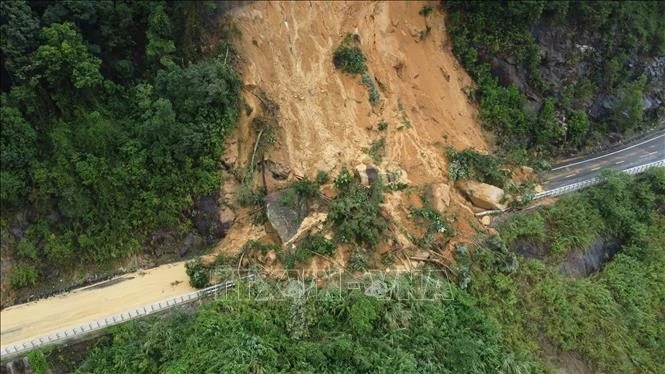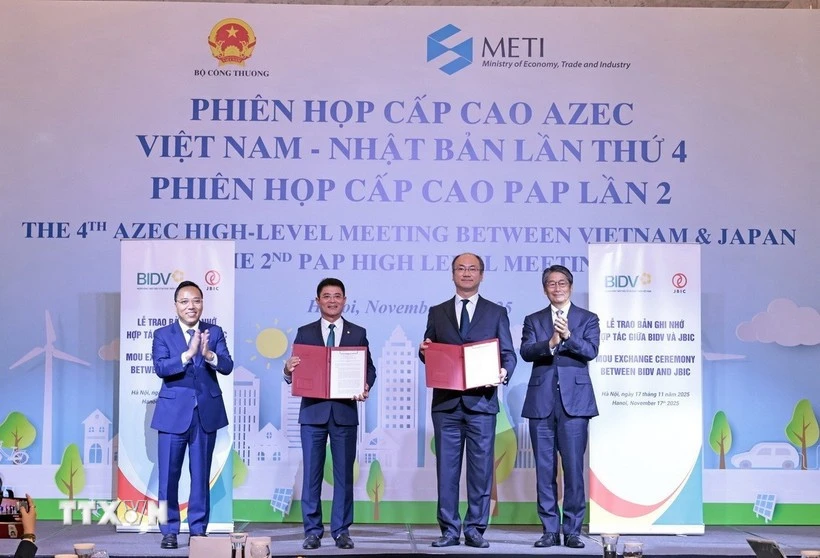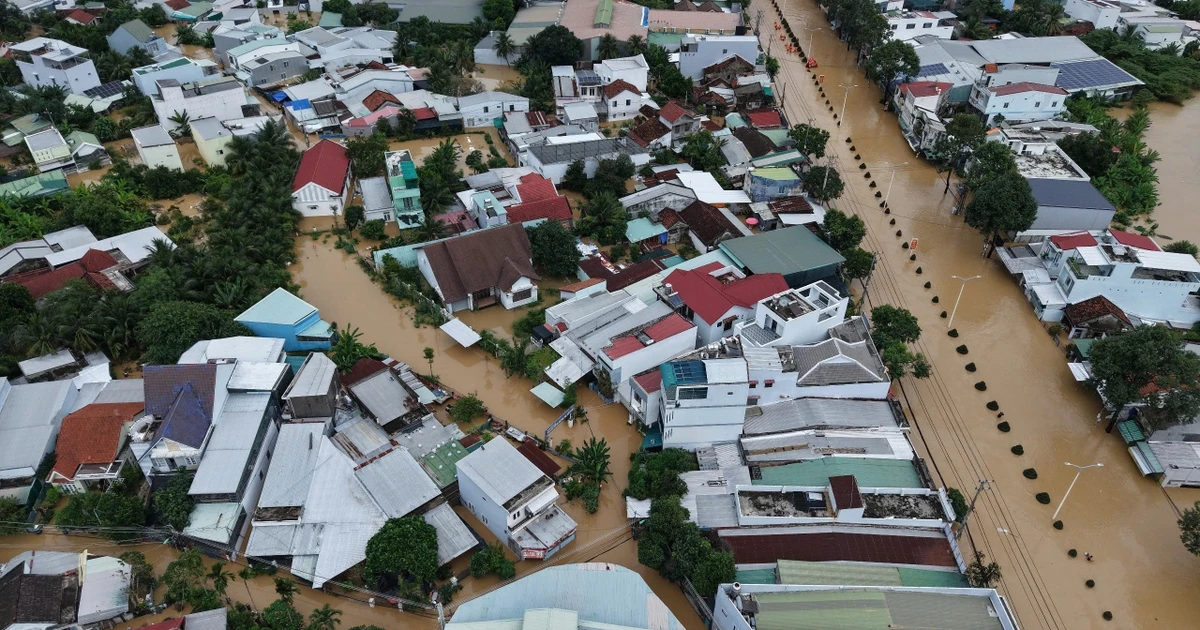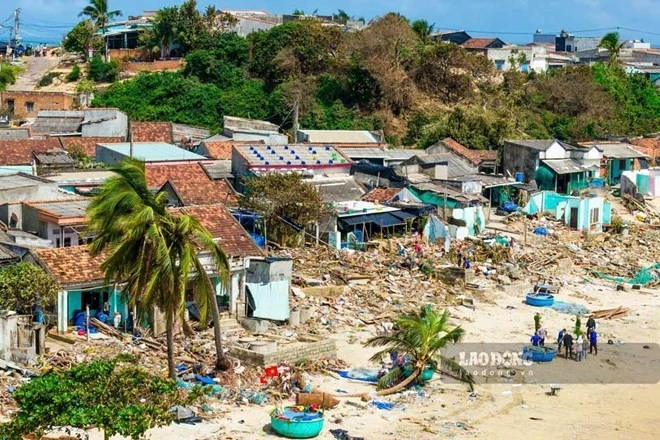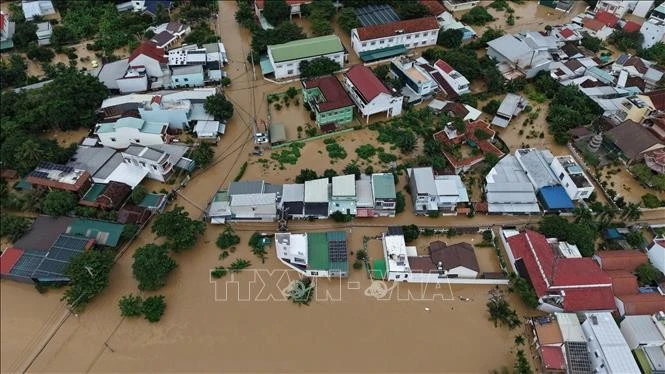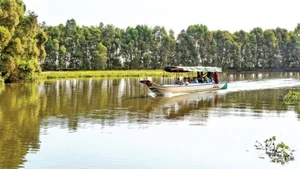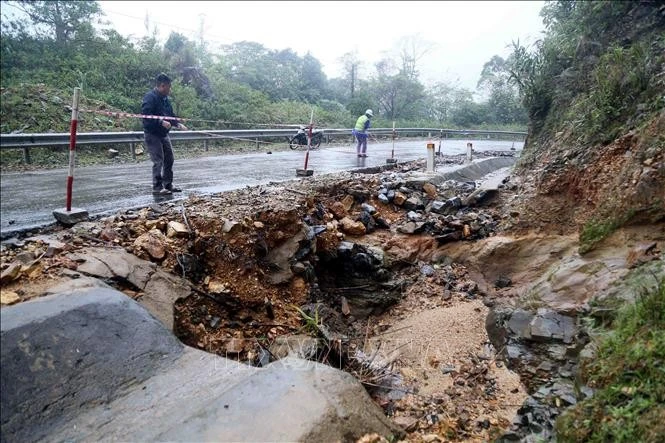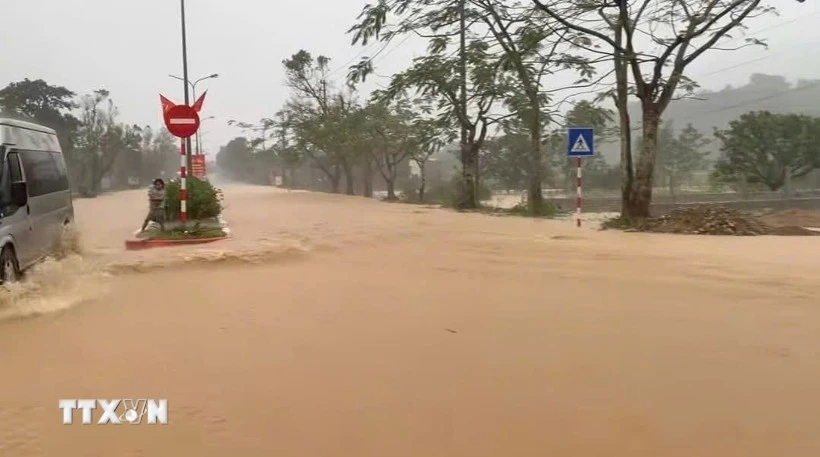The report emphasises that investing in nature is vital, as 75% of the region’s output comes from industries that are moderately to highly dependent on nature — which is, however, deteriorating at an alarming rate.
The Asia-Pacific Climate Report 2025: Unlocking Nature for Development calls on governments to make nature protection a core component of their national economic operating models.
It urges countries to upgrade their “operating systems” — encompassing governance frameworks, policies and investment-oriented data platforms — to create an enabling environment that encourages private capital flows into conservation, resilience building and innovation.
According to the report, public finance should be prioritised for developing systems that can attract private investment. By directing public resources towards governance reform, policy development and data enhancement, governments can mobilise large-scale private capital for nature-positive growth.
Nature remains undervalued and underfunded. Out of over 270 trillion USD in global financial assets, only about 200 billion USD per year — less than 1% — supports nature-positive investments. These include sustainable farming practices, such as crop diversification to restore soil and biodiversity, as well as the use of wetlands and mangrove forests to prevent flooding, improve water quality, store carbon and support fisheries-based livelihoods.
Bridging the climate and biodiversity financing gap in Asia and the Pacific will require more than 1 trillion USD annually.
Albert Park, ADB’s Chief Economist, stated: “Healthy ecosystems are not a secondary environmental consideration in the region’s growth story. They are core productive assets for Asia’s growth and resilience. Countries that invest in nature are investing in their own competitiveness and fiscal stability.”
The report outlines a 10-year roadmap to help economies integrate nature into their economic and financial systems, recognising that each economy starts from a different position. Short-term actions recommended include subsidy reform, natural capital accounting, and spatial planning that may even extend beyond national borders. Long-term reforms focus on adapting governance, data and financial frameworks to achieve dual environmental and economic benefits.
Economies across the Asia-Pacific region have begun taking concrete steps to treat nature as a form of productive capital, positioning themselves to lead global efforts in improving economic systems for long-term prosperity.



